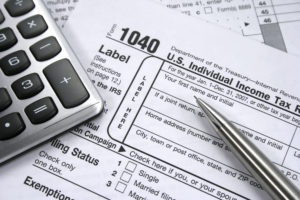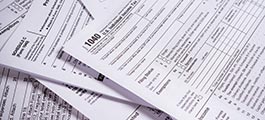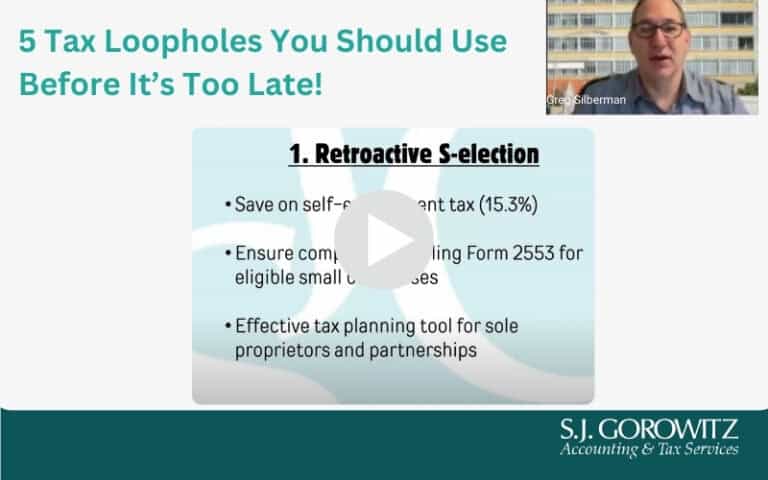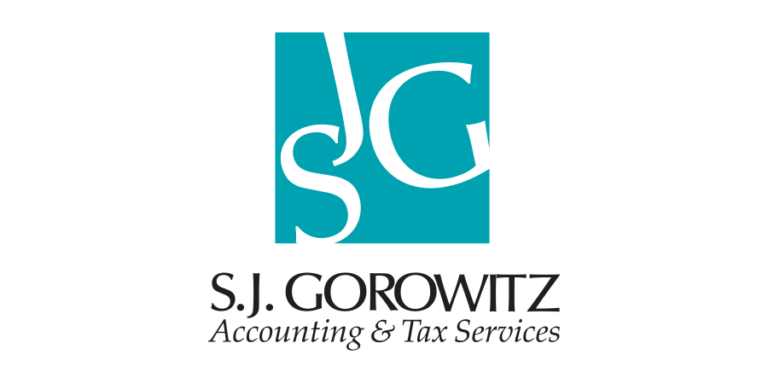 Good financial records lay the foundation for mapping business progress, preparing statements, identifying key income sources, tracking deductible expenses, keeping track of property, preparing your tax returns, and supporting the items you report on tax returns.
Good financial records lay the foundation for mapping business progress, preparing statements, identifying key income sources, tracking deductible expenses, keeping track of property, preparing your tax returns, and supporting the items you report on tax returns.
One of the questions we get most often is how long to keep financial documents. Generally, the length of time you should keep a document depends on the action, expense or event the document records.
Income Tax Records
Well-organized records make it easier to prepare a tax return and help provide important information if your return is selected for examination or to prepare a response if you receive an IRS notice.
The information below reflects the statutes of limitations that apply to income tax returns. Put simply, this is the amount of time during which you can amend your tax return to claim a credit or refund, or the IRS can assess additional tax after the return was filed.
3 years from the due date or date filed, whichever is later
- If you file a return
- If you do not have any fraudulent activity reported on returns filed
6 years
- If you do not report income that you should report, and it is more than 25% of the gross income shown on your return
7 years
- If you file a claim for a loss from worthless securities or bad debt deduction
Indefinitely
- If you do not file a return
- If you file a fraudulent return
There are two exceptions. If you file a claim for credit or refund after you file your return, you should keep your records for three years from the date you filed your original return or two years from the date you paid the tax, whichever is later. Keep employment tax records for at least four years after the date the tax becomes due or is paid, whichever is later.
In addition to keeping copies of the tax returns filed, you should also keep receipts, canceled checks and other documents that support an item of income, a deduction or a credit until the statute of limitation expires for that return.
Health Insurance (NEW)
As of tax years 2014 and later, you should keep all records of your own and your family members’ health care insurance coverage as proof that you maintained required minimum essential coverage. This includes records of employer provided coverage or premiums paid and type of coverage for private coverage.
To claim the premium tax credit, you need information about any advance credit payments you received through the Health Insurance Marketplace, the premiums you paid, and the type of coverage you obtained.
If you or any of your family members are exempt from minimum essential coverage, retain certificates of exemption you may receive from the Marketplace or any other documentation to support an exemption claimed on your tax return.
Business Expenses
If you own a business, you must clearly and accurately record gross income and expenses. There is no required method of bookkeeping, but your records should substantiate both income and expenses. [1]
Employee Records
If you have employees, you must keep all your employment tax records for at least four years after the tax becomes due or is paid, whichever is later.[2]
Real Estate
Keep records related to real estate and property improvements until the statute of limitations expires for the year in which you dispose of the property. These records are important to support depreciation, amortization or depletion deductions, and allow you to figure the gain or loss when you sell or otherwise dispose of the property.
If you received property in a tax deferred exchange, you must keep the records on the old property and on the new property until the statute of limitations expires for the year in which you dispose of the new property.
Personal Items to Save and Toss
Save
- Save bank deposit slips until you reconcile your statements
- Save bank statements for a calendar year (stored with tax returns if they will be used to prove deductions)
- Home improvement records for the ownership period plus seven years
- Shred monthly and quarterly investment statements as new ones arrive, but hold on to annual statements until you sell the investments
Toss
- Credit card statements that are more than three years old
- Past insurance statements
- Old utility bills, except the most recent one from your old address if you’ve moved
- Recently paid bills, once you have confirmation of receipt
For all records, even after the IRS Statute of Limitation expires, check whether you should hold onto them for other purposes. Good records create and signal financial health. Whether you are assessing your financial condition, tracking profitability, monitoring cash flow, your small business and personal finances require diligence.
Now’s a great time to review whether your finances are in shape to keep you fiscally and legally secure. Are you building a strong foundation to support your long-term goals?
The SJG Blog offers regular tips into reliable ways to build your business and pursue your goals.
Get these insights delivered regularly to your inbox.
[1] Publication 583, Starting a Business and Keeping Records, and Publication 463, Travel, Entertainment, Gift, and Car Expenses, provide additional information on required documentation for taxpayers with business expenses. / Publication 17, Your Federal Income Tax for Individuals, provides more information on recordkeeping requirements for individuals.
[2] Publication 15, (Circular E), Employer’s Tax Guide
























